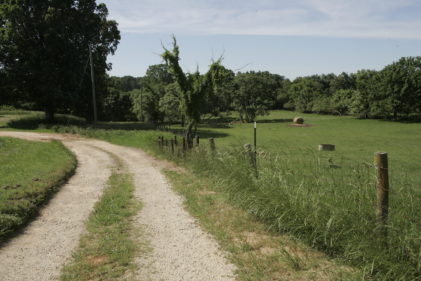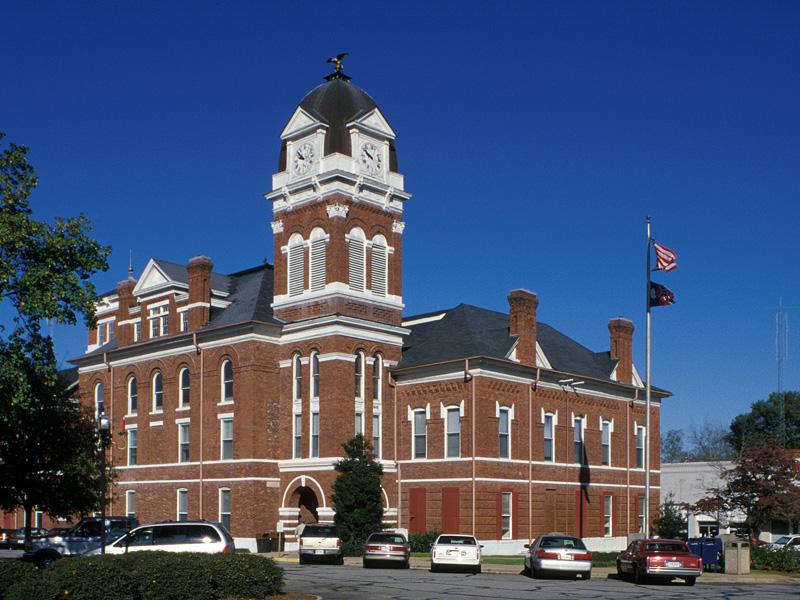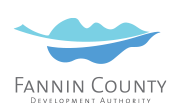In May 2017, the Georgia Department of Economic Development’s Workforce Division announced the recipients of the Governor’s High Demand Career Initiative (HDCI). The purpose of HDCI is to identify what industries will be in most need of skilled workers and ensure a sustainable pipeline of workers. Building on previous partnerships created in the region, the State Workforce Development Board, which administers federal Workforce Investment and Opportunities Act (WIOA) funds, awarded the Northwest Georgia Workforce Investment Board (WIB) with a $232,200 Sector Partnership grant.
Led by Governor Nathan Deal, the economic development community in Georgia has heard from the businesses across the state that one of the greatest challenges is the need for a consistent, trained, and reliable workforce. In response, Governor Deal created the High Demand Career Initiative (HDCI) to bring partners from the University System of Georgia (USG), the Technical College System of Georgia (TCSG), and local K-12 systems to hear directly from the private sector about their specific workforce needs (i.e., degrees/majors, certificates, courses, skillsets, etc.). With decision makers from each of these entities working together, the region will gain a clear picture of what businesses need, pair them with existing assets, and formulate a plan to tackle any gaps that may exist.
The Northwest Georgia Regional Commission (NWGRC) submitted a proposal to the state on behalf of the 15-county Northwest Georgia region that focused on advanced manufacturing; bringing together the local government, the private sector, local high schools and community colleges to build a network of partners. The NWGRC has selected the Center for Economic Development Research (CEDR) at Georgia Tech’s Enterprise Innovation Institute (EI2) to lead this effort.
The goal of HDCI is that this employer-led partnership will enable an education system responsive to the needs of advanced manufacturers in the region, and create a pipeline of workforce talent poised to apply their knowledge and creativity in a variety of industries. The opportunities created through the HDCI sector strategy will reach across all advanced manufacturing sectors. The NWGRC includes a 15-county region, comprised of the following Georgia counties: Bartow, Catoosa, Chattooga, Dade, Fannin, Floyd, Gilmer, Gordon, Haralson, Murray, Paulding, Pickens, Polk, Walker, and Whitfield.
Advanced manufacturing is tied to the economic development and long-term viability of communities in the Northwest Georgia region and beyond the state’s borders. Global competitiveness in the northwest Georgia region relies on the strength of the manufacturing sector. Since 2013, the NWGRC and the CEDR team have been working to convene a diverse consortium of manufacturers, community leaders, Chambers of Commerce and Development Authorities, industry associations, local schools and technical colleges and other stakeholders in the region to understand industry needs and plan for the growth of advanced manufacturing in the region.
If you have any questions about HDCI, please contact project manager Candice McKie at ude.hcetagnull@eikcm.ecidnaC. More information on HDCI is available on Georgia’s HDCI project page: http://www.georgia.org/competitive-advantages/workforce-division/programs-initiatives/high-demand-career-initiative-hdci/.














